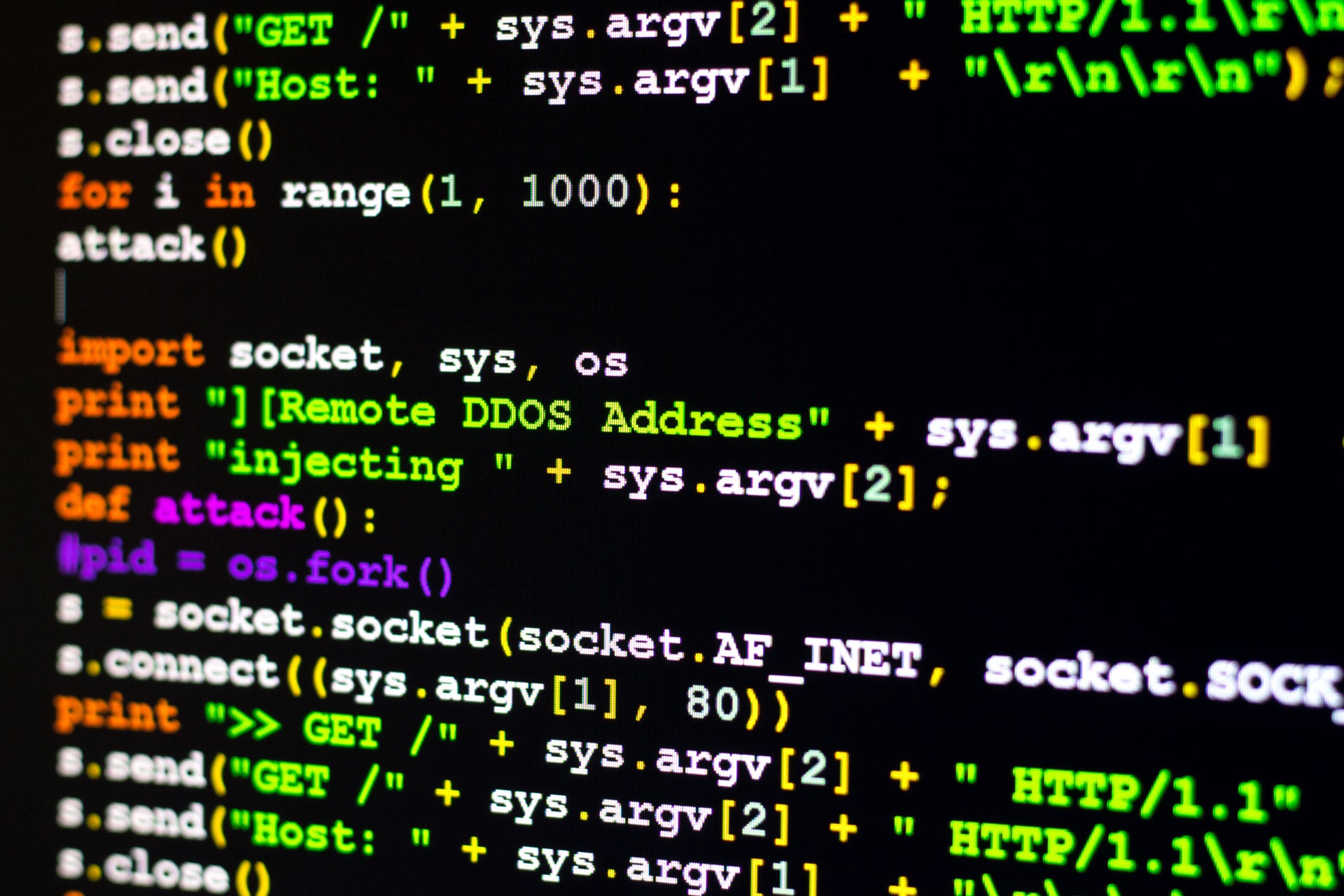
Distributed denial of Service (DDoS) attacks have increased by 542% compared with the previous quarter during the Covid-19 pandemic.
This is according to Nexusguard’s Q1 2020 Threat Report, in which researchers found that attacks were up more than 278% compared with Q1 of 2019.

Access deeper industry intelligence
Experience unmatched clarity with a single platform that combines unique data, AI, and human expertise.
Furthermore, the Kaspersky Q2 2020 DDoS attacks report has revealed that this type of attack was 217% higher in Q2 of 2020 than in the same period of 2019.
DDoS attacks occur when a malicious actor overwhelms a network, server or online service by using infected computers, or bots, to flood it with traffic. This prevents the affected network from handling normal traffic, meaning it cannot operate.
This type of attack is inexpensive to carry out, with a targeted DDoS attack selling for as little as $10 per hour or $60 for 24 hours on the dark web, according to the recently released Dark Web Price Index 2020. This means that they are often an attractive option for cyber criminals, with the number of DDoS attacks predicted to reach 15 million by 2023.
However, for organisations the impact can be severe, with the average cost of of downtime for a small to medium business is $5,600 per minute, according to Gartner.

US Tariffs are shifting - will you react or anticipate?
Don’t let policy changes catch you off guard. Stay proactive with real-time data and expert analysis.
By GlobalData‘’One reason why DDoS attacks are so inexpensive is that more and more people that offer DDoS-for-hire services are leveraging the scale and bandwidth of public clouds. With remote work becoming the new standard and with emphasis on home internet connectivity at an all time high, proper security measures to mitigate these attacks have never been more important,’’ said Juta Gurinaviciute, chief technology officer of NordVPN Teams.
Gurinaviciute explains that the recent rise in remote working has meant that the impact of a DDoS attack on vital online services is even more severe.
‘’These days, because of the Covid-19 pandemic, organizations around the globe are embracing remote work at unprecedented rates,” Gurinaviciute said.
“This has made online services of all kinds — from governments to banks and ecommerce to e-learning — more vulnerable to criminals, and DDoS attacks more alluring as a means of extortion. Such attacks don’t cost much and can produce excellent returns. When online connections are stopped or significantly slowed for even a few hours, employees’ work is disrupted, and customers can’t buy anything, which all leads to damaged revenues and public image of the organisation.’’
NordVPN Teams therefore advises organisations to develop a comprehensive DDoS plan, ensuring that network infrastructure is secured, systems are up-to-date, warning employees about the use of unsecured WiFi and leveraging cloud services.
Read more: “People will be less scared of change”: How the pandemic could create opportunities for CISOs.







